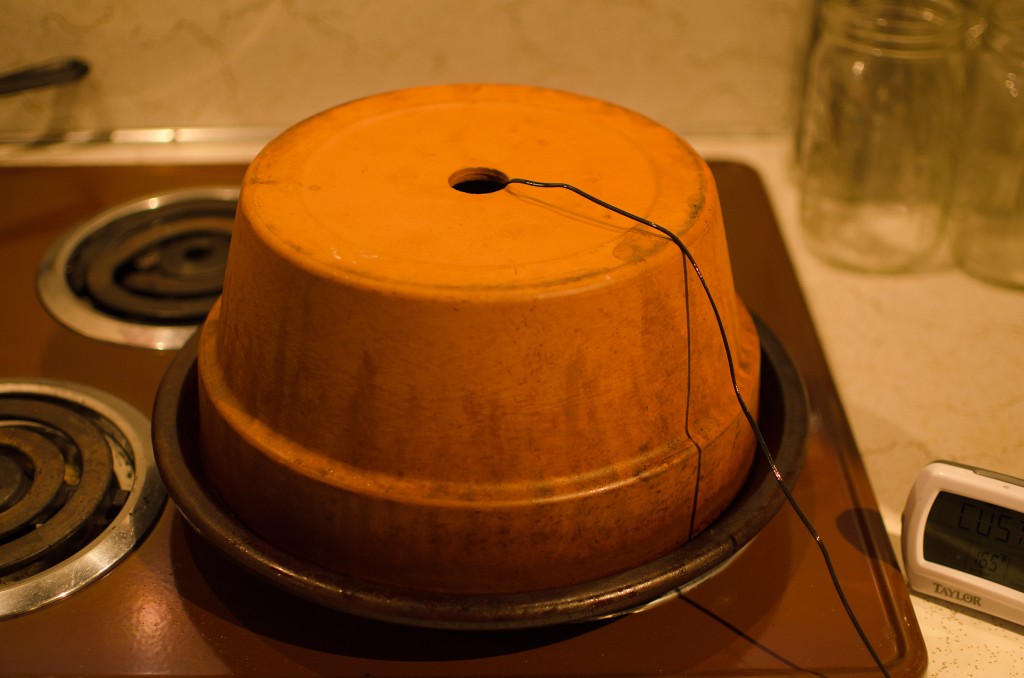Don’t ever assume you know what’s going on.
Although this blog is primarily about gluten-free living, gluten is only one of my dietary concerns. I have a large, and constantly-changing list of allergies.
Wheat, rye, and barley were all on the first allergy test results, so I did not bother getting tested for celiac disease, as the net result was no different from a dietary perspective – I had to adopt a gluten-free diet.
My wheat allergy was not what I was at the allergist to discover. I had been having problems with seafood that became too obvious to ignore after a visit to Gladstone’s seafood restaurant in Malibu one afternoon following a trip to the Getty Villa (before it closed for remodeling and before the Getty Center construction, which should date this part of the story a bit). I had a shrimp and crab sandwich, and partway through the meal, my throat began to swell up. Gladstone’s has lines painted on the floor leading to the bathroom, which should be somewhat suspicious, but for which I am ever grateful.
My uvula swelled along with my throat and It took me a couple days to recover, but still I didn’t seek medical counsel. That would wait for an unfortunate salmon incident that occurred the first time eating with future in-laws, several years later.
The Gladstone’s culprit turned out to be crab, not the shrimp. But adding salmon, cod, and trout to the list of potentially life-threatening food allergies essentially swore me off all seafood.
The initial test turned up some other foods that I used to eat all the time, as well as foods I have always hated. The big revelation was wheat. I remember walking through the supermarket and reading the ingredients of all the pre-packaged foods I used to buy and seeing all the wheat-derived ingredients.
But the wheat allergy diagnosis was a godsend, as I didn’t realize how horrible I had been feeling for years (decades) because of it. It is one of the most difficult ingredients to avoid (as I have no need to tell you) so it has been the focus of my “special” dietary needs.
Fortunately, avoiding gluten has become considerably easier over the last 10+ years.
Continue reading →

